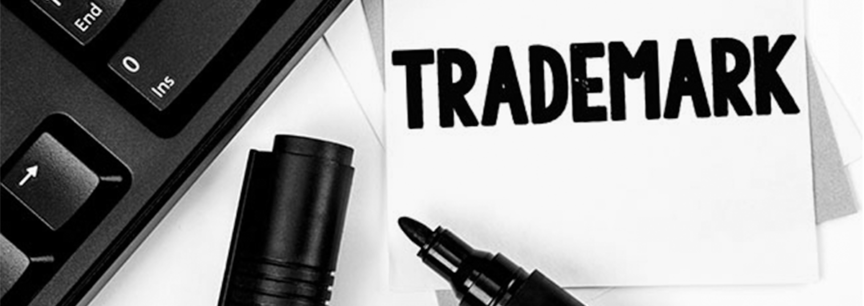Naming your business is one of the most exciting steps in creating your brand identity, but it’s also a critical moment for making smart legal decisions. The name you choose will represent your company in the marketplace—for better or worse. What many new business owners don’t realize is that choosing a name without considering legal factors can lead to trademark conflicts, costly rebranding efforts, or even legal battles.
Take the time to get it right. Below, we’ll explore the legal aspects you should consider when naming your business and how consulting with a trademark attorney can help safeguard your brand.
Why the Legal Side of Business Naming Matters
Picture this scenario: You start a business, customers love your product, and your brand begins to grow. But then, you receive a cease-and-desist letter from a company halfway across the country claiming they hold the trademark for your business name. Suddenly, you’re facing rapid and expensive changes to salvage your brand and reputation.
The legal ramifications of a poorly chosen business name are avoidable, but only if you take the proper steps early on.
Check for Name Availability
Many new business owners rush into a name they love and only verify it with the Secretary of State, ensuring no other local business is using it. However, this basic check is not enough. Even if a name is available in your state, it could still be trademarked by another company, leading to potential infringement issues.
Tip: Conduct an in-depth trademark search to ensure no one holds rights to your desired name at the state, federal, or even common law levels. Better yet, consult with a trademark attorney who can handle this process comprehensively.
Understand “Likelihood of Confusion”
One of the most common concerns in trademark law is the “likelihood of confusion.” This means that if your business name is too similar to another company’s, especially one offering similar products or services, consumers might easily confuse the two. If this happens, you could face legal challenges.
Ask yourself these questions:
- Are their products or services similar to yours?
- Do they target the same market or use the same distribution channels?
- Do they have a trademark or have they been operating under this name before you?
If the answer to these questions is “yes,” you may need to rethink your name.
Don’t Rely on Similar Names
Similar names can still create legal trouble. Just imagine a business called “Sunny Brew Coffee” receiving backlash from a trademark owner of “Sunny Bean Coffee.” Even slight variations can lead to issues, especially in overlapping markets.
Trademark Your Name
Once you’ve done your due diligence and confirmed your name is unique, the next critical step is registering your trademark. A registered trademark protects your business name legally across the U.S., deterring others from using it and giving you strong grounds for legal action if they try.
Filing a trademark can be complex, and errors in the application can lead to costly rejections. Hiring an attorney to help you with this process ensures your application is handled correctly, protecting your brand the right way.
Consult with a Trademark Attorney
If you’re unsure whether your desired business name is legally safe, consulting with a trademark attorney can provide clarity. At Business Law Southwest (BLSW), our attorneys have a proven track record of helping entrepreneurs secure and protect their business names.
An attorney can:
- Perform comprehensive trademark searches.
- Advise on “likelihood of confusion” issues.
- Help you file federal trademarks seamlessly.
Plan for Future Expansion
Even if your business is local today, who’s to say you won’t go national or international in the future? That’s why it’s vital to think long-term when naming your business. Securing a trademark early helps protect your ability to scale while avoiding conflicts down the road.
Putting It All Together
Naming your business is more than just a creative exercise; it’s a critical legal decision that impacts your long-term success. By taking the time to verify availability, understand trademark law, and file a trademark, you can protect your hard work and focus on building your brand.
Business Law Southwest. Business law that makes business sense.






